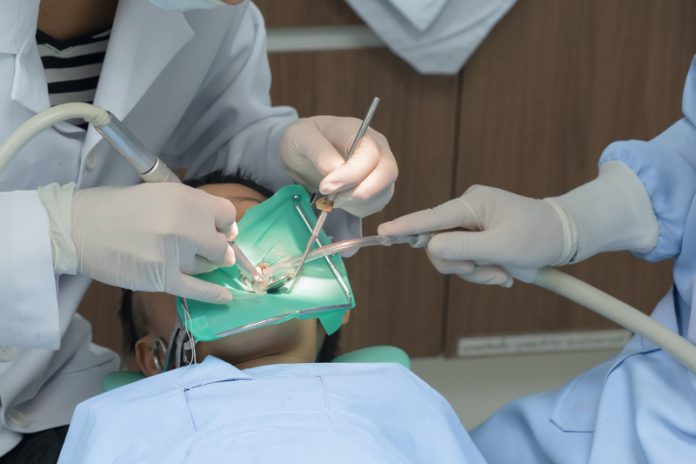Dr Saul Konviser BDS MSc BSc, Trustee, Dental Wellness Trust highlights the importance of improving child dental health and the need to take pressure off NHS dental services
The current state of children’s teeth in the UK is reaching epidemic proportions and to ignore the severity of the situation would be failing our children. Almost 45,000 children last year in England had general anaesthetics for dental extractions, the vast majority due to preventable dental decay. All of which was at a cost of over £40 million to an already cash strapped NHS, and there is no improvement in sight.
As a dentist, I see first-hand the devastating impact poor oral health, diet and general dental health is having on children and it is deplorable to think that in 2019 this is still happening. We have free NHS Dental services for children readily available across the country yet we are seeing levels of dental neglect comparable with areas of the developing world where there are no dental services for miles on end. And while there may be waiting times for an NHS dentist at some practices, the allocation of these resources is simply not an excuse for the current situation.
Good oral health is a basic human right yet for some reason, dental decay is still the most common childhood disease worldwide. If we look at the UK alone, somewhere that has all the resources available to ensure good oral health, we are simply not doing enough to protect this human right.
It is not uncommon for children to have to share a toothbrush at home with their siblings or parents or simply don’t have their teeth brushed twice a day. This is on top of the high sugar diets they have consumed throughout the day or even in the short time they are home from school, often consisting of high sugar fizzy drinks, sweets and snacks. This is, of course, a recipe for disaster and so it is no surprise that so many of these children are missing school due to dental problems.
Poor oral health affects a child in many ways. Many suffer agonising pain, cannot sleep at night or concentrate at school and so end up missing classes. They are often repeatedly given antibiotics for recurrent infections, or turn up at the dental surgery with swollen faces, requiring multiple fillings and extractions, all at very young ages, some as young as 2 or 3 years old. Furthermore, parents are then forced to take time off work, find childcare for other kids or sit and watch while their child is put to sleep with a general anaesthetic for a needless extraction, that carries its own risks which unfortunately can include death.
While there are tactics being deployed to help change the mindsets of the general public in addition to engaging industry to accept their responsibility when it comes to child dental health and dietary changes, there is plenty that we can do to have an immediate impact and improve the oral health and therefore general wellbeing of children.
Supervised toothbrushing programmes in schools have been shown to be an effective method of improving child dental health, so much so that it has been recommended by the Department of Health. Unfortunately, for several reasons which can often come down to resources, it is not being rolled out across enough schools that need it.
The Dental Wellness Trust has been running these programmes in South Africa for almost 7 years now and has over 15,000 children participating every day at schools. We have seen the direct positive impact this is having at reducing the rates of childhood decay. As a result of this success, we have now begun to roll this programme out across here in England, in the areas of Luton, Newham and Central London. Since starting in March 2018, we now have over 1,500 children participating in our programmes, having trained hundreds of teachers to run the programmes in the schools with our continued support.
While this is still a small step, it’s imperative that more is done with immediate effect. More government funding is urgently required to enable supervised tooth brushing programmes to be introduced across the UK, particularly in areas of high deprivation. This will not only drastically improve the long term oral health and wellness of many children but will make a considerable multi-million pound saving to the NHS.
Dr Saul Konviser BDS MSc BSc
Trustee











